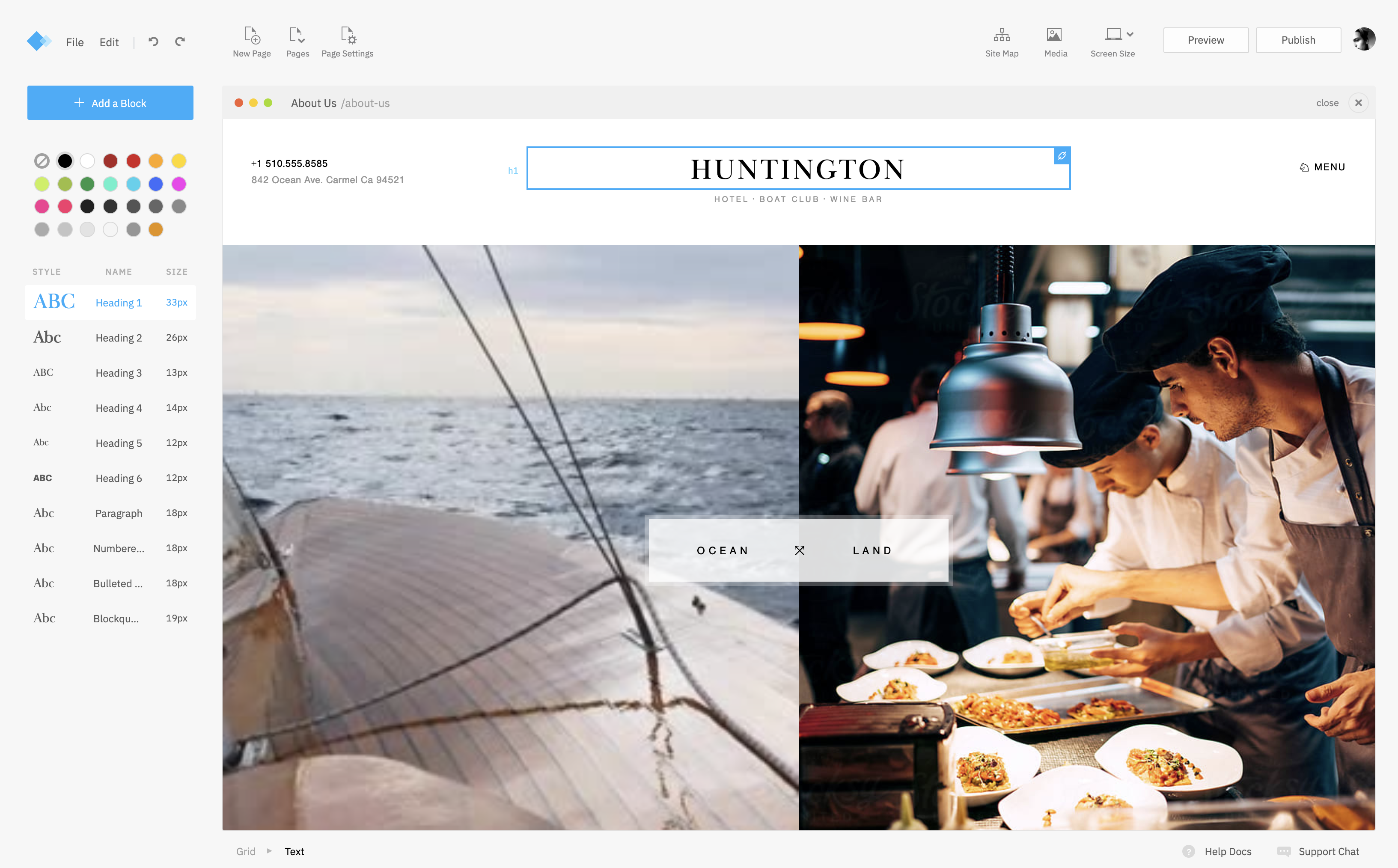LOVEFiLM’s love affair with open source
LOVEFiLM has stuck with open source throughout the company's growth, but there have been changes along the way.


What LOVEFiLM needed was a fit-for-purpose model, that could be easily-understood by non-technical employees and which could work with the existing open source infrastructure.
"The business is built upon lots of commodity hardware. We don't have any big vendor licences," said Blakemore, who did not want to "rock the boat", but rather try and work around the systems already in place.
Blakemore, with a limited budget, went in search of the right CMS for the job, looking into both open source and proprietary options, as well as different languages including PHP, Java and Perl.
Eventually, he opted for the Magnolia CMS Enterprise Edition, whose development partner Sceneric assisted with implementation.
The benefits of change
With Magnolia being completely open source and working on a "great new standard" - Java Content Repository Blakemore was happy. He had a language he was comfortable with, content that he could manage well and plenty of support for him to take advantage of.
The editorial staff are now able to manage content, images and layout in a browser-based rich text editor, with Magnolia and the internal Perl system working in tandem.
Sign up today and you will receive a free copy of our Future Focus 2025 report - the leading guidance on AI, cybersecurity and other IT challenges as per 700+ senior executives
As for tangible gains, Blakemore explained: "Magnolia CMS has a good, open technology stack, is easily extensible, and there are good development houses providing valuable implementation services.
"By choosing Magnolia, we saved about $100,000 in licensing alone over the next-best proprietary option."
All about open source?
Despite his obvious predilection for open source systems, Blakemore recognises the benefits of proprietary software.
With vendors you can get "security and confidence in the product", meaning it can be worth the licensing and the investment, he said.
However, cost was a notable hurdle to going down the propriety route for Blakemore and one that he could not afford to jump over. The community aspect of open source was also what led him away from other options.
Being able to work with various partners of Magnolia and collaborate on different parts of the IT set-up at LOVEFiLM proved to be ideal for the company. Furthermore, not being locked into working with a vendor gave the organisation the freedom it wanted while enjoying a community spirit at enterprise level.
"Open source really gives us that pace for change and the flexibility to do exactly what we want," Blakemore added.
"I think open source is going to be fine for a long time for a lot of businesses."
Tom Brewster is currently an associate editor at Forbes and an award-winning journalist who covers cyber security, surveillance, and privacy. Starting his career at ITPro as a staff writer and working up to a senior staff writer role, Tom has been covering the tech industry for more than ten years and is considered one of the leading journalists in his specialism.
He is a proud alum of the University of Sheffield where he secured an undergraduate degree in English Literature before undertaking a certification from General Assembly in web development.
-
 How the UK public sector could benefit from strategic channel partnerships
How the UK public sector could benefit from strategic channel partnershipsIndustry Insights Is the channel the answer to the growing cost vs budget problem facing the public sector?
-
 Microsoft wants to replace C and C++ with Rust by 2030
Microsoft wants to replace C and C++ with Rust by 2030News Windows won’t be rewritten in Rust using AI, according to a senior Microsoft engineer, but the company still has bold plans for embracing the popular programming language
-
 How to build a CMS with React and Google Sheets
How to build a CMS with React and Google SheetsTutorials Rolling your own CMS tool can be a great way to meet your needs - and it's surprisingly easy to do
-
 Brandcast Content Studio offers a web content system anyone can use
Brandcast Content Studio offers a web content system anyone can useNews Brandcast Content Studio enables users to create websites and other digital content, even if they aren’t technically trained
-
 How to deploy a modern CMS quickly
How to deploy a modern CMS quicklyWhitepapers This guide will help you choose, deploy and optimise a CMS that provides better results for your customers and your business
